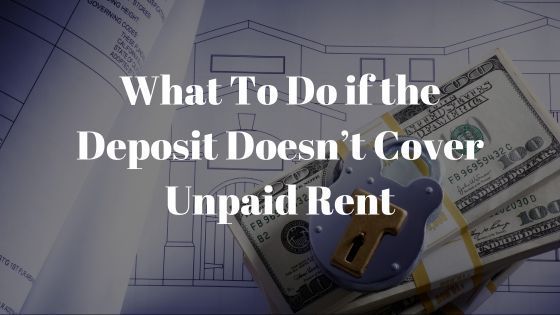
What Exactly Is “Normal Wear and Tear”?
Normal wear and tear is not considered damage but more so when something has been used for a long period of time and you can tell. Think of it like an old sweater. You can tell that a sweater has been used but it is not necessarily damaged and ready to be thrown out.
The same applies to items and furniture in your Charlotte, NC rental property. If your carpet shows a great deal of wear and tear, it might be time to get a new one. Little upgrades can make the world of difference and improve the appearance of your property. Not only are you making it look better, but you are also raising the value of your overall property.
Sun damage, paint peeling off the walls, and scuff marks on your furniture is a sign of normal wear and tear. By having some paint on hand, you can touch up the walls from time to time when you are in-between tenants.
If there are a couple of marks here and there that are not as noticeable, you can determine whether or not you want to repaint. Again, think of how you would want to walk into a new place and what you would consider repairing and replacing.
“The easiest way to discern between wear and tear and tenant caused damage is to think of wear and tear as any damage that’s caused by natural forces or damage that’s caused by daily use. Tenant caused damage should be thought of as damage requiring more than routine maintenance to repair. This doesn’t include things like a leaky pipe or things that would happen to the property regardless of who the tenant was.” – Timothy Czekaj .
Depends on the situation and the relationship
Depending on the relationship you have with your tenants and how you decipher between wear and tear, you might be able to qualify some of the wear and tear more like damage. A landlord can figure out what is more like damage and whether they want to use part of their security deposit to pay for it.
Again, if your renters were great tenants and they kept your place in as good of condition as possible, this is where you will need to take everything into consideration. The biggest problem with wear and tear is it is very hard to define because most have a different perspective on it.
When should you return the security deposit?
The typical time span to return a tenant’s security deposit is within 3 weeks. This signifies that you need to get your damages accessed, figure out what needs to be replaced, and how much everything is going to cost. This will give you as the landlord a better look at how much money you will need to deduct from the deposit.
To protect yourself as a landlord you should conduct a walkthrough upon arrival and moving out. This will allow you to jot down everything and when it comes time for your tenants to move out, you can pull out your checklist. Taking pictures of your furniture is another great way to see the physical damages or any wear and tear that might have occurred during their stay.
Do landlords and tenants see eye-to-eye?
The concept between wear and tear can be different in the landlord’s and tenant’s eyes. Of course, the landlord might be more alarmed by the wear and tear and find it worse then the tenant would. Furthermore, a few nail holes or wall chips are normal, as people like to hang stuff up when they move in. However, a huge hole in the wall is not considered normal wear and tear and the tenant would be responsible for it.
Let’s take a look at what can be considered wear and tear :
- Slightly torn wallpaper
- A few paint chips
- Faded carpet
- Faded window shades or lamp shades
- Sticking doors
- Loose grouting
- Cracked window panels
- Scratched enamel in toilets and sinks
- Black spots on the floor due to the flooring losing the vanish
- Burnt light bulbs
- Varnished plumbing fixtures
The bottom line
These are examples of what can be considered wear and tear over the damage. Unfortunately, the landlord cannot claim wear and tear that will happen to anyone over time.
Again, a simple clean up from time to time and replacing older items every so often will prevent you from having to do this all at once. The longer you wait to replace something, the more things that will need to be replaced over time and the more money that will come out of your pocket!
Don’t hesitate to contact a professional property management company in Charlotte if you believe that you’d benefit from the services they offer.

Dawson Property Management










